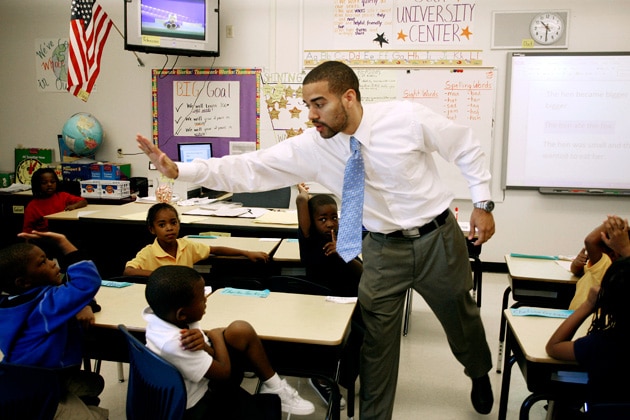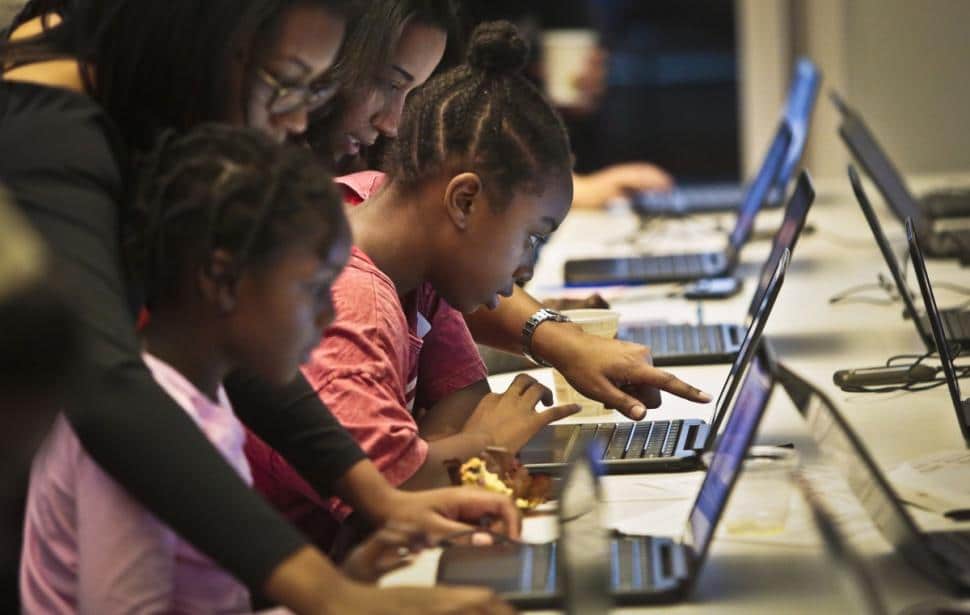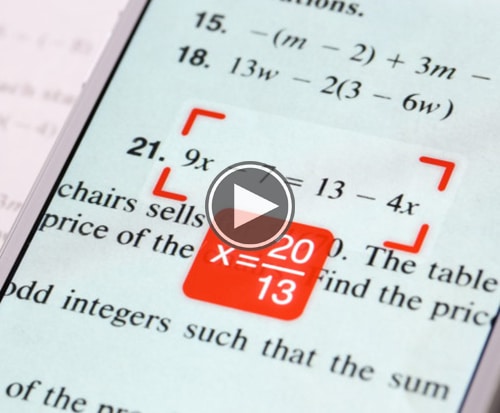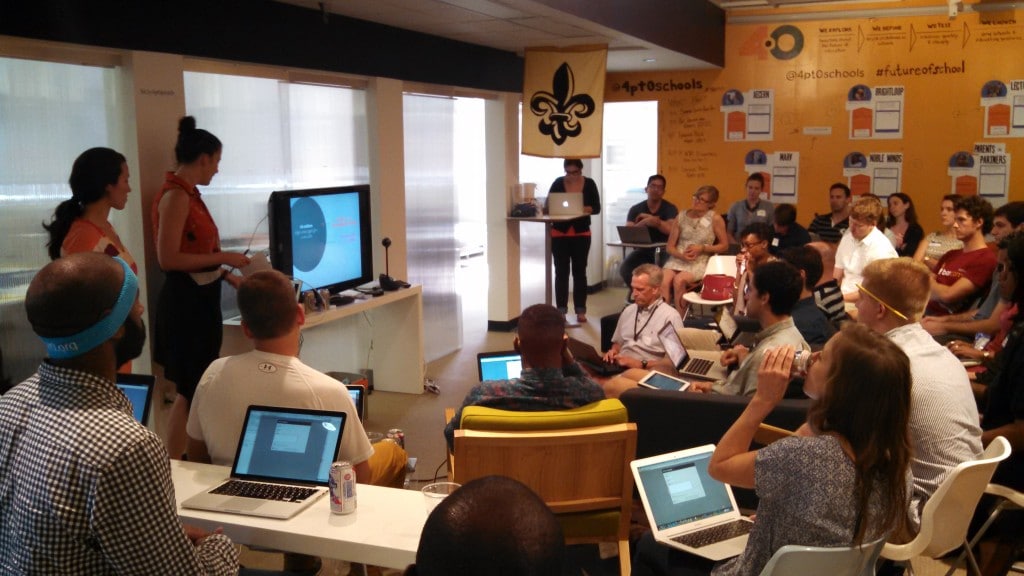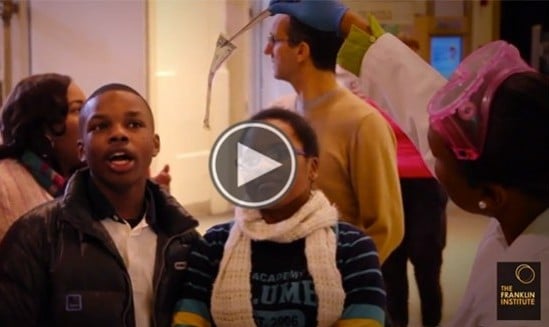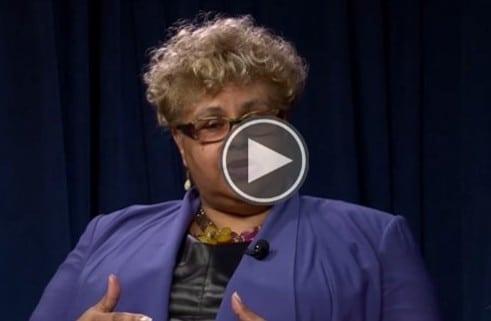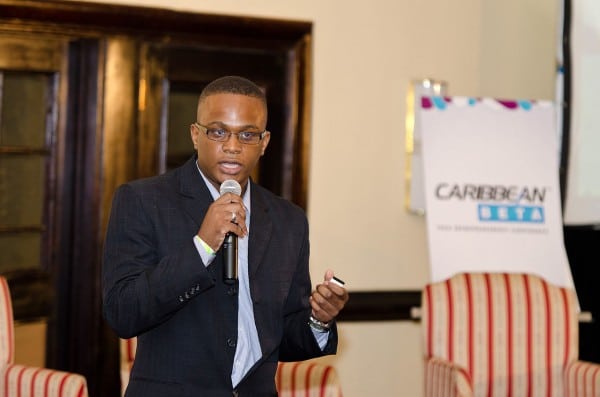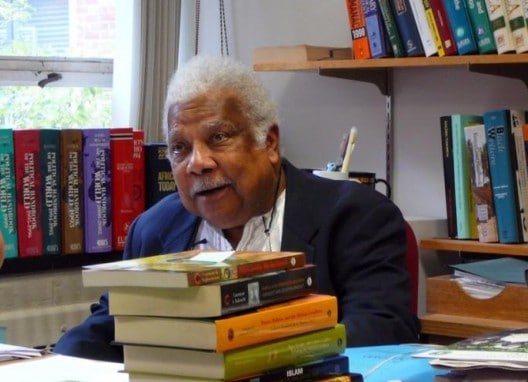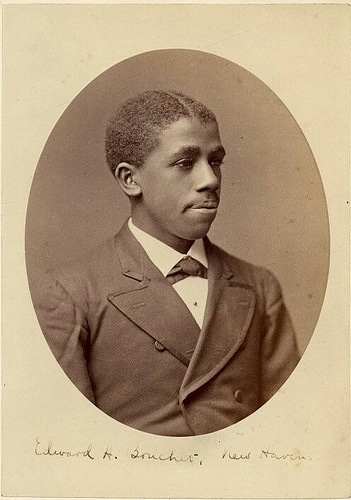Chicago Mayor Rahm Emanuel has launched an extremely ambitious computer science program and it could ultimately help increase diversity in the tech field.
It was only a few months ago that major tech companies like Facebook and Google revealed that only about 2 percent of their employees are Black.
Since those diversity reports were made public, people have been scrambling to find the solution to the lack of diversity in science, technology, engineering and math (STEM) careers.
One solution has always stood out above the rest, however, and that’s education.
Experts believe the key to generating more diversity in STEM careers is to first make sure minorities have access to the type of education that could prepare them for such a career path.
Thanks to Emanuel, Chicago’s youth will have that type of access.
According to NationSwell.com, the Chicago mayor has teamed up with Code.org to bring computer science classes to every public school in the Windy City.
Every grade from kindergarten to high school will soon have computer science classes as a mandatory part of their curriculum.
CNN Money revealed that high school students won’t even be allowed to graduate without meeting certain computer science requirements.
“In three years’ time, you can’t graduate from high school in the city of Chicago if you didn’t take code writing and computer science,” Emanuel announced at a tech conference. “We’re making it mandatory.”
Emanuel announced the plan last December and now there is an increasingly large need for the plan to come to fruition.
Nearly 40 percent of Chicago’s public school students are Black. More than 45 percent are Hispanic.
If computer science programs are successfully integrated into the school’s curriculum, that means thousands of minority students will be given the type of skills that could eventually grow into a budding career in Silicon Valley.
Perhaps the most important aspect of the plan is to have computer science incorporated in the schools’ curriculum even at the elementary level.
“Just having kids jump into computer science at the high school level, they don’t have a good context for it,” said Cameron Wilson of Code.org to CNN Money. “Having them exposed early and building on concepts year after year is really important.”
And that’s exactly what the mayor and Code.org authorities have in mind.
Code.org has already successfully partnered with 30 school districts in order to promote computer science education, but the partnership with Chicago is the most ambitious one yet.
“This plan will also compete with countries where children take coding classes as early as first grade and create an environment where we can support the next Bill Gates and Marissa Mayer,” Emanuel added.
In addition to being a major step toward adding diversity to the tech industry, this could also help close the major deficit of workers needed in computer science careers.
It was recently revealed that by 2020, there will be 4.2 million job positions for computer science. Based on the current number of computer science students in college and employees already working in the computer science field, there won’t be enough people to fill all those positions.
Exposing students to computer science at a young age and building on those skills throughout their years in school, however, could spark an interest in the field and make the future graduating classes out of Chicago viable candidates to fill those positions.

